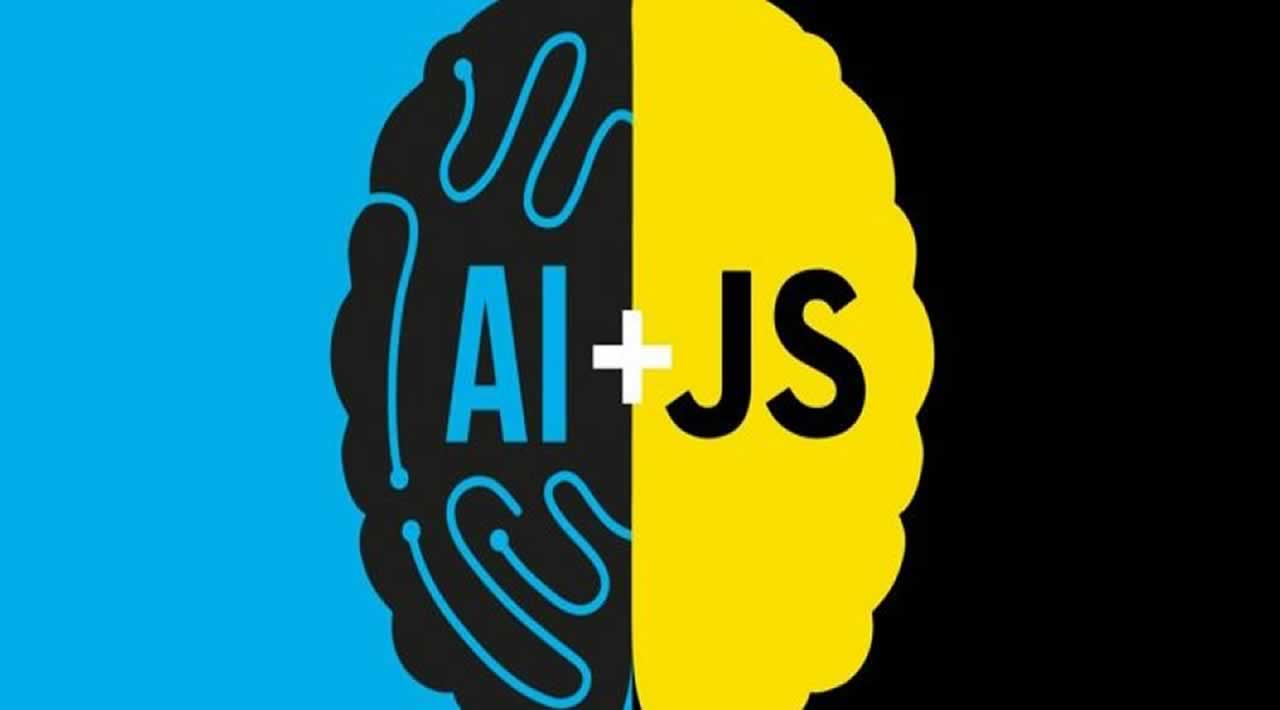Top 6 Machine Learning Libraries for JavaScript
This article provides a comprehensive overview of the top 6 machine learning libraries for JavaScript. These libraries are easy to use and provide a wide range of features and capabilities, making them ideal for JavaScript developers who want to add machine learning to their projects.
JavaScript is one of the most popular programming languages in the world, and its popularity is only growing. With JavaScript, you can build web applications, mobile apps, and even machine learning models.
Usually, people apply machine learning (ML) methods and algorithms using one of two programming languages: Python or R. Books, courses, and tutorials about machine learning most often use one of these languages as well (or both).
Python is a general-purpose programming language used not only for machine learning but also for scientific computing, back-end web development, desktop applications, etc. R is created primarily for statisticians. However, they have at least two common characteristics:
- They are suitable for non-programmers
- They have comprehensive ML libraries
In many cases, ML algorithms are implemented in Fortran, C, C++, or Cython and called from Python or R.
Java is also used for Machine Learning, but usually by professional programmers.
During the last few years, JavaScript gained popularity, and some very interesting machine learning libraries appeared, enabling the implementation of ML methods in browsers or on Node.js. Surprisingly, many of these libraries implement a lot of code in JavaScript.
This article presents several ML open-source libraries for JavaScript:
- ml.js
- TensorFlow.js
- brain.js
- ConvNetJS
- WebDNN
- natural
ml.js
ml.js is a comprehensive, general-purpose JavaScript ML library for browsers and Node.js. It offers the routines for:
- Bit operations on arrays, hash tables, sorting, random number generation, etc.
- Linear algebra, array manipulation, optimization (the Levenberg-Marquardt method), statistics
- Cross-validation
- Supervised learning
- Unsupervised learning
Supported supervised learning methods are:
- Linear, polynomial, exponential, and power regression
- K-nearest neighbors
- Naive Bayes
- Support vector machines
- Decision trees and random forest
- Feedforward neural networks, etc.
Besides, ml.js offers several unsupervised learning methods:
- Principal component analysis
- Cluster analysis (k-means and hierarchical clustering)
- Self-organizing maps (Kohonen networks)
License: MIT.
TensorFlow.js
TensorFlow is one of the most popular Machine Learning libraries. It focuses on various types and structures of artificial neural networks, including deep networks as well as the components of the networks.
TensorFlow is created by Google Brain Team and written in C++ and Python. However, it can be used with several languages including JavaScript.
TensorFlow is a very comprehensive library that still enables building and training models easily. It supports a huge variety of network layers, activation functions, optimizers, and other components. It has good performance and offers GPU support.
TensorFlow.js is a JavaScript ML library for use in browsers or on Node.js. It supports WebGL.
License: Apache 2.0.
brain.js
brain.js is a library written in JavaScript — focused on training and applying feedforward and recurrent neural networks. It also offers additional utilities, such as math routines necessary for neural networks.
It provides advanced options like:
- Using GPU to train networks
- Asynchronous training that can fit multiple networks in parallel
- Cross-validation that is a more sophisticated validation method
brain.js saves and loads models to/from JSON files.
License: MIT.
ConvNetJS
ConvNetJS is another library for neural networks and deep learning. It enables training neural networks in browsers. In addition to classification and regression problems, it has the reinforcement learning module (using Q-learning) that is still experimental. ConvNetJS provides support for convolutional neural networks that excel in image recognition.
In ConvNetJS, neural networks are lists of layers. It provides the following layers:
- Input (the first) layer
- Fully connected layer
- Convolution layer
- Pooling layer
- Local contrast normalization layer
- Classifiers loss (the output) layers: softmax and svm
- Regression loss (the output) layer that uses L2
It supports several important activation functions like:
- ReLU
- Sigmoid
- Hyperbolic tangent
- MaxOut
as well as the optimizers such as:
- Stochastic gradient descent
- Adadelta
- AdagradS
- ConvNetJS also provides a convenient way to save and load models to/from JSON files.
License: MIT.
WebDNN
WebDNN is a library focused on deep neural networks, including recurrent neural networks with LSTM architecture. It is written in TypeScript and Python and offers JavaScript and Python APIs.
It also provides the possibility of GPU execution in browsers.
A very convenient feature of WebDNN is the possibility to convert and use the models pre-trained with PyTorch, TensorFlow, Keras, Caffemodel, or Chainer.
License: MIT.
natural
natural is a JavaScript library for natural language processing used with Node.js.
It supports:
- Tokenization (breaking text into arrays of strings)
- Calculation of strings distances
- Matching similar strings
- Classification (naive Bayes, logistic regression, and maximum entropy)
- Sentiment analysis (currently in eight languages)
- Phonetic matching, inflectors, n-grams, etc.
License: MIT.
Conclusion
Both JavaScript and machine learning have gained much attention and popularity during the last several years. Although initially created to enable dynamic behavior of web pages, JavaScript becomes one of the languages of choice to implement and apply machine learning methods, especially in browsers or servers (Node.js).
This article provided the initial information on the availability of machine learning libraries for JavaScript.
Have a lot of fun exploring them and thank you for reading!
#javascript #machine-learning
